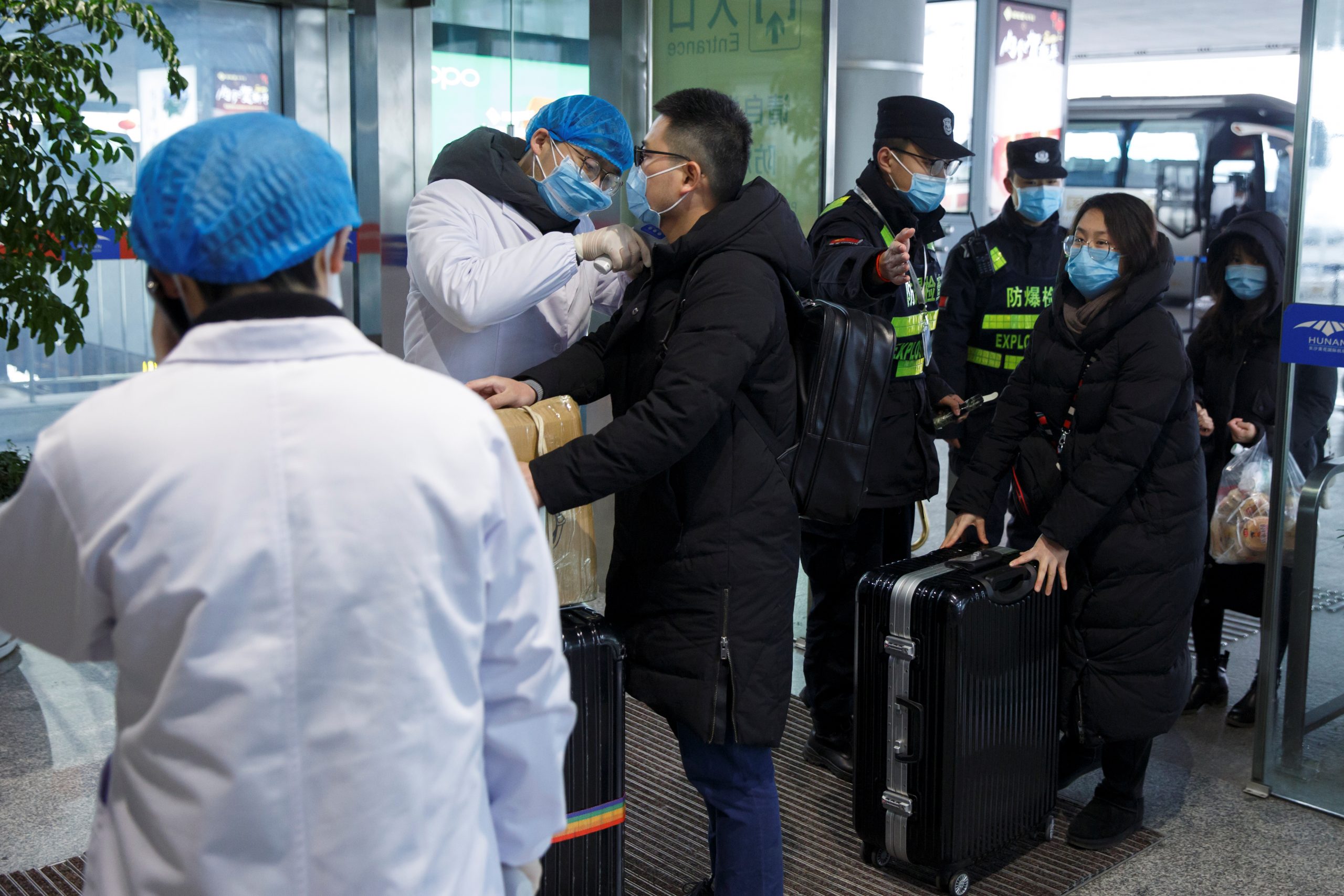For most of the world, the coronavirus seemed to explode onto the scene in late January as the number of confirmed cases in China soared.
But, according to a report by The New York Times, Chinese officials knew about the virus as early as December 2019, and took actions to stop health experts from spreading information about the virus.
The Times reports that days after Dr. Li Wenliang warned colleagues about the virus, he was questioned by government officials and was allegedly forced to pen a statement that said he engaged in “illegal behavior.”
The Chinese government also reportedly ordered labs to destroy samples of the coronavirus.
Several doctors who tried to warn the public about the virus were censured, and at least one doctor was detained over his warnings. And, as recently as March, a Chinese citizen who has criticized the government’s response to the virus disappeared.
Residents of Wuhan began exhibiting symptoms of the coronavirus in early December, but the government did not inform the public about the risks of the virus. As a result, life continued in the city, and the virus continued to spread.
Additionally, The Wall Street Journal notes that while officials refused to admit the virus could spread between humans, some five million people were allowed to leave Wuhan without being screened for the virus.
On January 14, the World Health Organization tweeted that from “preliminary investigations conducted by the Chinese authorities” that there appeared to be no evidence that the virus could be spread by human contact.
Preliminary investigations conducted by the Chinese authorities have found no clear evidence of human-to-human transmission of the novel #coronavirus (2019-nCoV) identified in #Wuhan, #China🇨🇳. pic.twitter.com/Fnl5P877VG
— World Health Organization (WHO) (@WHO) January 14, 2020
Health experts believe that the virus was transmitted to humans by an animal as early as October. And, by late December, there were signs that human-to-human was transmission possible and that the virus was being spread between the people.
China’s highest court rebuked officials for measures taken to contain information and warnings about the virus.
“If society had at the time believed those ‘rumors,’ and wore masks, used disinfectant and avoided going to the wildlife market as if there were a SARS outbreak, perhaps it would’ve meant we could better control the coronavirus today.”
It was not until January 23 that China quarantined Wuhan and began taking drastic measures to stop the spread of the virus.
As of Wednesday afternoon, there were more than 200,000 confirmed cases of coronavirus around the world.
























 Continue with Google
Continue with Google